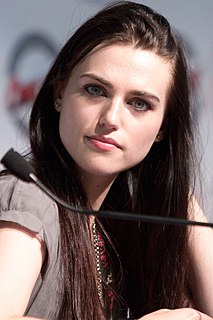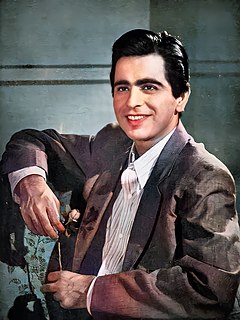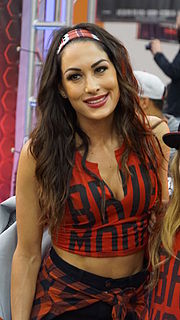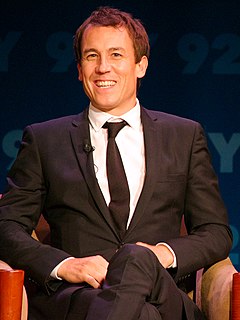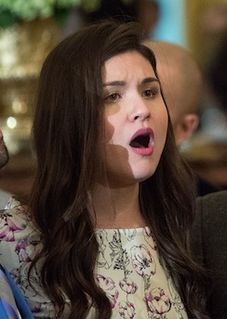A Quote by James May
Our 'Top Gear' characters are based on our own characters, if exaggerated and cartoonified. We try not to be completely different to who we are, because you couldn't carry it off in the long run.
Related Quotes
In terms of my relationships with a lot of the adult characters, when I was working with Harrison, it wasn't like a verbal agreement, but we both understood that because there was this constant tension between our characters, we couldn't say "Cut" and start acting normal. We had to keep an essence of that relationship in our characters off screen which is really important.
I have always said the success of the show has stemmed from our audience being able to relate to the characters on different levels - being based on the universally loved Arthurian legend is only a tiny part of its success - it's a story about acceptance and growing up. The breathtaking finale of this series leaves you with no doubt that characters have been on their journeys and had their stories told - it's completely the right time to draw our telling of the story to a close.
One thing about our show that wasn't even in my awareness, but was brought to my attention by other people, is that our show is about these love-based relationships. Even though the characters are obviously going through different conflicts, you can really feel that the characters love each other. And they really try their best.
It helps to regard soul as an active intelligence, forming and plotting each person's fate. Translators use "plot" to render the ancient Greek word mythos in English. The plots that entangle our souls and draw forth our characters are the great myths. That is why we need a sense of myth and knowledge of different myths to gain insight into our epic struggles, our misalliances, and our tragedies. Myths show the imaginative structures inside our messes, and our human characters can locate themselves against the background of the characters of myth.
The type of acting that I'm interested in, that I aspire to, is where I try and drag a lot of myself into whatever character it is. They can be very different types of characters, but at the heart of it, I always wanted to be a very, very believable and rooted in reality. One of the ways of doing that is to root it as much as you can in your own experiences and then tint those with different hues, different colors to give the different characters their way.
Ultimately, any character you write - no matter how fantastic or alien - is an extension of yourself. When our characters reflect the truth of our souls and psyches, they become real and compelling. The wonderful paradox is that the characters then take on lives of their own, separate from their creators. That's where the magic comes in.


